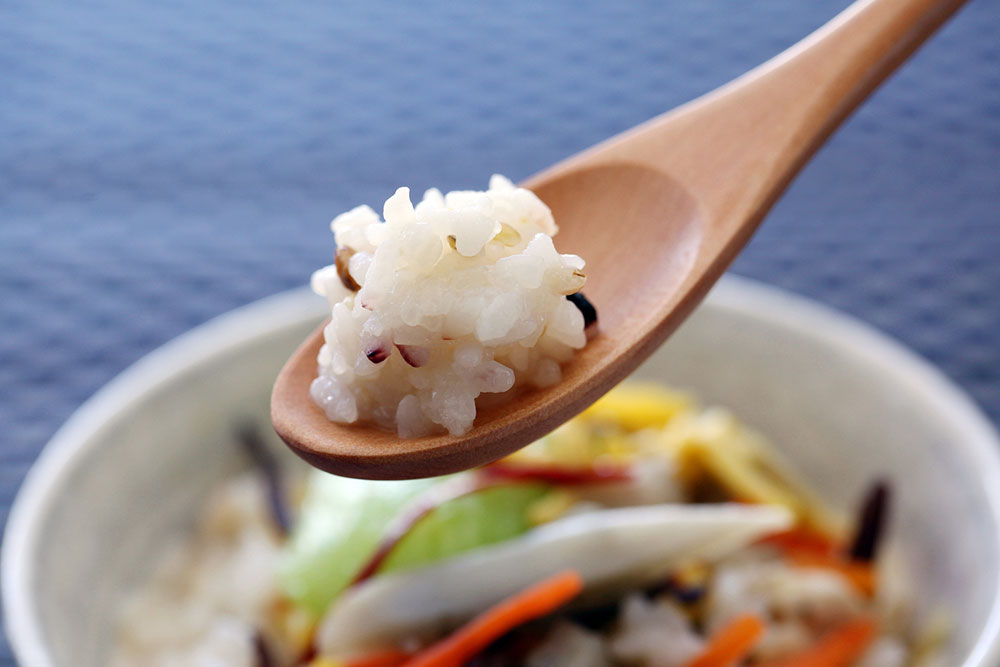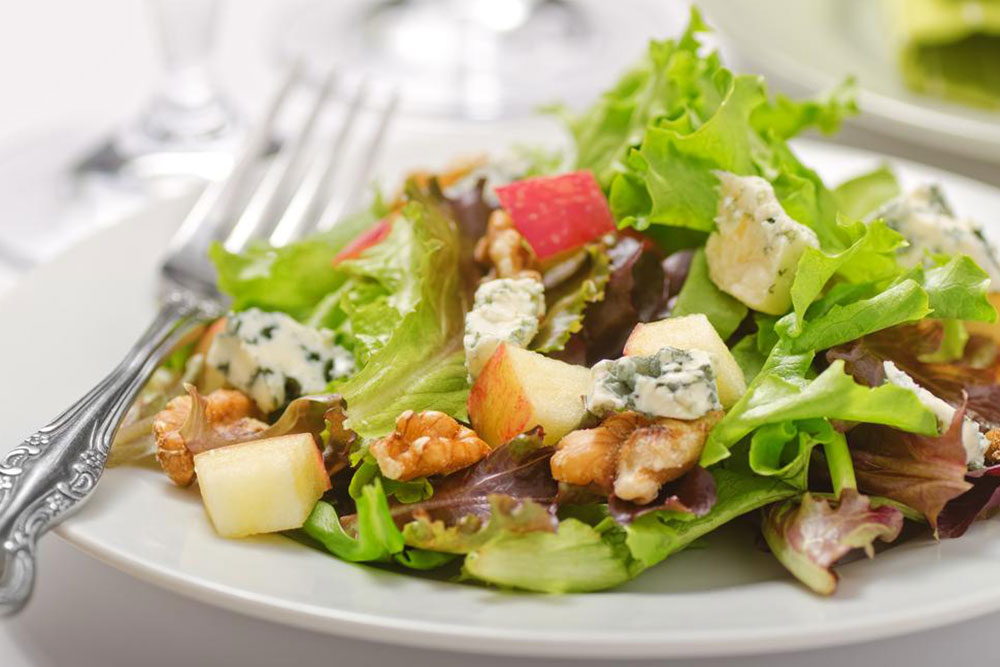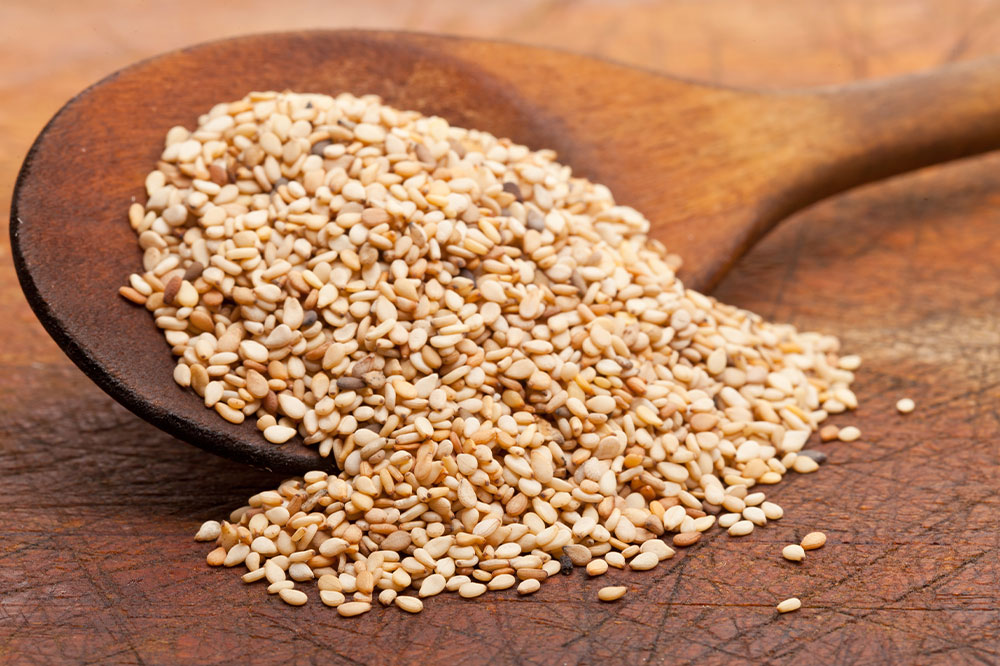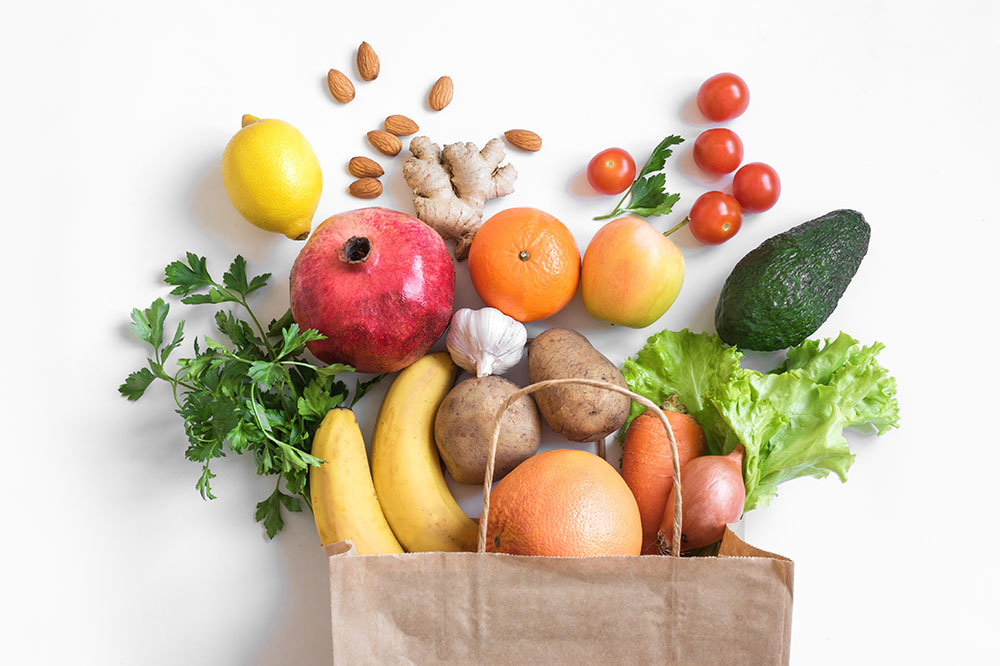Essential Nutritional Strategies to Support Lung Health and Prevent Lung Cancer
Discover the top nutritional strategies to boost lung health and reduce lung cancer risk in this comprehensive guide. Learn about powerful foods like pears, green tea, and fatty fish that support lung function, inhibit cancer growth, and strengthen immunity. Incorporate these healthful options into your diet to promote respiratory well-being and potentially prevent lung cancer. Emphasizing a balanced diet rich in antioxidants, phytochemicals, and essential minerals can make a significant difference in respiratory health. Prioritize lifestyle choices, seek medical advice, and adopt a holistic approach to lung health today.

Top 6 Nutritional Choices to Promote Lung Well-being and Reduce Lung Cancer Risk
Lung cancer remains one of the most deadly and prevalent forms of cancer worldwide. While numerous treatments exist, prevention and supporting lung health through proper nutrition are increasingly recognized as vital components in overall health strategies. A balanced diet rich in specific foods can help bolster the immune system, potentially inhibit cancer cell growth, and promote lung tissue health. This comprehensive guide highlights six key nutritional options scientifically linked to lung health support and lung cancer risk reduction.
Before making any significant dietary changes, especially if diagnosed with lung diseases or cancer, consulting a healthcare professional is essential. The following foods contain bioactive compounds that may have protective effects against lung cancer development or assist in maintaining optimal lung function. These foods are not treatments but serve as supportive components within a healthy lifestyle.
Pears and Apples
Rich in a compound called phloretin, pears, and apples have demonstrated potential in promoting apoptosis (programmed cell death) of cancer cells. Phloretin has been shown in studies to enhance the efficacy of chemotherapy drugs such as cisplatin, possibly increasing their cancer-fighting capabilities. Additionally, these fruits may reduce fibrosis—scarring of lung tissue—thereby maintaining better lung elasticity and function. Including pears and apples in your daily diet can provide this beneficial compound, contributing to overall lung health.
Green Tea
Green tea is renowned for its antioxidant properties, chiefly due to catechins like epigallocatechin gallate (EGCG). Epidemiological studies suggest that regular green tea intake correlates with a decreased risk of developing lung cancer. Besides prevention, green tea may also help individuals already diagnosed by suppressing tumor growth and metastasis. For maximum benefit, choose caffeine-free versions if sensitive to caffeine, and avoid dairy additives, which may impair absorption of antioxidants. Incorporating a few cups of green tea daily can be an effective strategy in your lung health regimen.
Fatty Fish – Salmon, Mackerel, Herring
Foods high in omega-3 fatty acids, particularly fatty fish like salmon, mackerel, and herring, offer a rich source of vitamin D. Adequate vitamin D levels are crucial as deficiencies are linked with increased susceptibility to respiratory illnesses and possibly lung cancer. Vitamin D supports immune modulation, reduces inflammation, and helps in tissue repair. Regularly consuming fatty fish ensures a steady intake of these nutrients and supports overall lung and immune health. Alternatively, vitamin D supplements may be recommended if dietary intake is insufficient.
Ginger
Science suggests that ginger contains potent bioactive compounds such as 6-shogaol, which has been shown to prevent the initiation and progression of lung tumors. Ginger's anti-inflammatory and antioxidant properties contribute to reducing oxidative stress—a factor in cancer development. Consuming ginger as tea, adding fresh slices to dishes, or enjoying crystallized ginger treats can be delicious ways to incorporate this plant into your diet, potentially supporting lung health and reducing metastasis risk.
Carrots and Other Colorful Vegetables
Carrots are packed with chlorogenic acid, a phytochemical that interferes with angiogenesis—the process of blood vessel formation essential for tumor growth. By disrupting this process, carrots can help inhibit cancer cell expansion. Beyond carrots, other colorful vegetables like sweet potatoes, bell peppers, and leafy greens contain similar phytochemicals that support lung tissue health and combat oxidative stress. Regular consumption of a variety of vegetables can significantly enhance your body's ability to defend against lung cancer development.
Oysters and Zinc-Rich Foods
Oysters are one of the best natural sources of zinc, an essential mineral that plays a pivotal role in immune system regulation. Adequate zinc intake can improve immune responses and may help in fighting lung cancer cells more effectively. Zinc also enhances the effectiveness of chemotherapy when used in conjunction with other treatments. Vegetarian sources rich in zinc include fortified cereals, pumpkin seeds, and legumes. Maintaining sufficient zinc levels is a strategic dietary approach to bolster immune defenses and support anticancer mechanisms.
Other foods that may contribute to lung health include pineapples, strawberries, potatoes, apples, and flaxseed. These foods contain various antioxidants and phytochemicals that combat oxidative stress, reduce inflammation, and may inhibit carcinogenic processes. Incorporating a diverse and nutrient-dense diet with these components can serve as an ongoing strategy for lung health preservation and cancer risk reduction.
Remember, no single food guarantees protection against lung cancer; rather, a holistic approach combining diet, lifestyle choices such as avoiding smoking, regular exercise, and avoiding environmental toxins provides the best defense. Regular health check-ups and screenings are also vital, especially for those at higher risk. Emphasizing nutrient-rich foods supportive of lung tissue integrity and immune health forms a crucial part of preventive health care.





